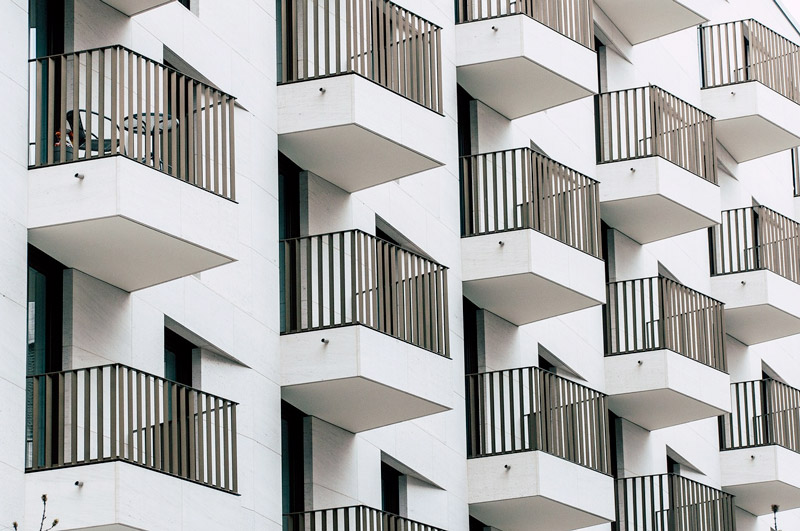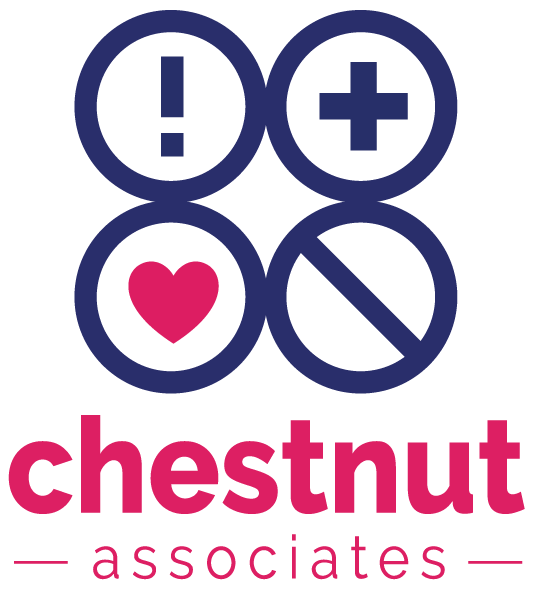I have recently been working with some clients that have rental properties and we have started the Health & Safety documentation and putting in the systems required to be compliant.
I quite enjoy carrying out the fire risk assessments for commercial rental properties. I have seen some quite shocking and worrying buildings!!
With approximately 250,000 listings of private Airbnb in the UK, the short-term accommodation rental market has seen extraordinary growth over the last 5 years.
The average Airbnb host earns around £7,245 annually, making it a profitable venture for investors or casual landlords who want to make extra cash as a host. However, Health & Safety concerns are rising in the short-term rental market, highlighting where processes are yet to be put in place by hosts. A recent study of 127,183 Airbnb guests found that 16.5% of people complained online they had to call the police due to serious safety issues at the property.
Here are some key things you need to know as an Airbnb host to avoid financial and legal risks within the market.

5 things you need to consider about your Airbnb
1 - Carbon Monoxide Alarms
Although it is not a legal requirement to have carbon monoxide detectors (CMD) in an Airbnb-style property, many guests prefer them as it makes people feel safer.
Carbon monoxide builds up in a property due to the burning of fuels. Properties that have traditional fireplaces or a wood burning stove are at a higher risk of causing carbon monoxide poisoning and without detectors, it could have serious consequences. It’s strongly advisable to have a CMD, not only for safety precautions but also not to deter potential guests.
2 - Smoke Alarms are required on every floor
Fire safety requirements can be hard to identify depending on the scale of the building. Some may require a fire exit to be clearly signposted whilst others may require carbon monoxide detectors. To ensure you have the correct information for the building’s specific needs it’s best to carry out a fire risk assessment.”
Whether you are renting out a room or an entire property on Airbnb it’s essential to provide a smoke alarm on each storey of the building and appropriate fire extinguishers should also be present. Whilst you don’t need fire warden training as a host, you will need to know the legal requirements.
3 - Furniture must be fire retardant
Furniture and Furnishings (Fire) (Safety) Regulations 1988 is legislation which protects guests, ensuring they are in an environment where furnishings are not likely to become inflamed from close contact to products such as candles or cigarettes. If you ignore this essential safety check and there are incidents related to this, you could face prosecution,
4 - Annual gas safety checks are required
Even if you are renting a room out in the property you occupy, you must be prepared to pay for Gas Safe certification.
If you supply gas on the premises an annual gas safety check must be carried out every 12 months by a Gas Safe Registered engineer. If you fail to prove certification of the last 2 years in the appropriate checks, you can face legal prosecution for being negligible to your guests and putting lives at risk.
5 - Electrical safety
7.5% of Airbnb travellers in 2021 complained about unsafe amenities in their Airbnb, including things such as electricals/ fire hazards. Whilst hosts are not bound by law to commit regular electrical safety checks, if ignored and an electrical accident with a guest occurs it could open up a negligence case.
Electrical systems should be safe to use, and it is the host’s responsibility to make sure the required checks are made regularly. Things such as wiring, cooking appliances, sockets and light fittings should be checked tri-annually to ensure they are working correctly. There should also be safety checks on appliances supplied such as cookers and kettles.
6 - Checking areas
Outdoor areas also need to be a part of your regular checks. Some contain hot tubs and decking areas. Decking areas can become slippery if not kept well maintained. These checks need to be documented.
Over the coming years, we predict more processes and legislation will come into place to protect guests staying in Airbnb style accommodation to ensure that a similar Health & Safety standard is upheld to that of which you would expect in a registered hotel or hospitality accommodation.
Whilst landlords/hosts are expected to create a safe environment with reliable reviews, it is a relatively untouched market for legislation. Hosts may consider health and safety training to ensure they are fully equipped.


